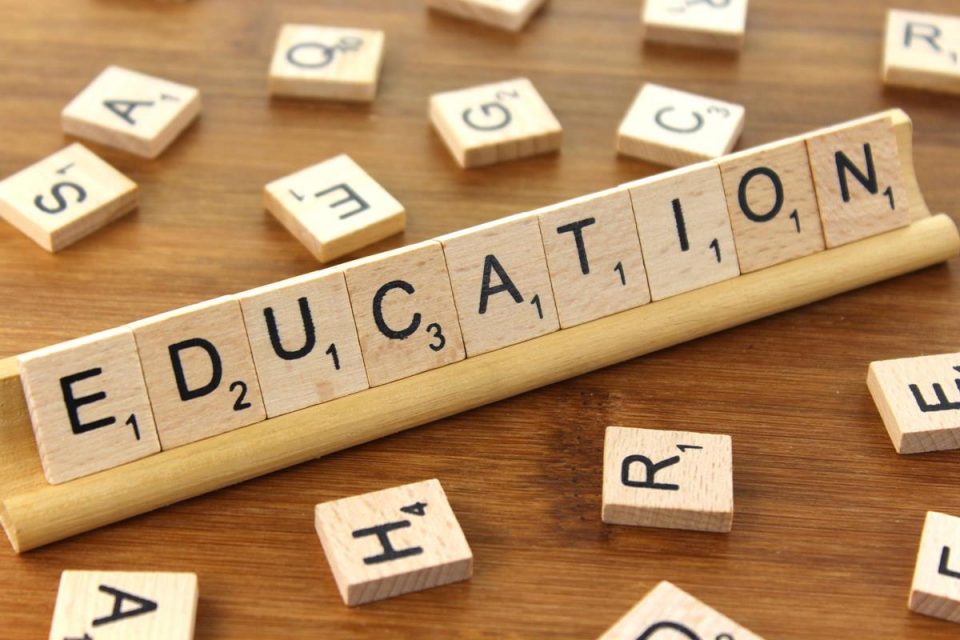Power of education
Once a year the Ewha Alumnae Association of North America meets in a city where one of the regional chapters hosts an annual general meeting. This year it was the turn of the Toronto chapter in Canada. About 350 alumni from Canada and the United States attended this gathering. The International Foundation for Ewha Womans University, a fund-raising group for Ewha, always holds its annual meeting at the same time. On Nov. 3, a gala dinner was attended by the two organizations as a joint event. During the banquet, the chair of the Ewha Foundation presented a sizable check to Ewha President Kim Hei-sook, who flew in from Seoul to receive the donation and to address the alumni.
I was in the audience witnessing the presentation of the scholarship funds. Sitting next to me were unexpected and most welcome guests: Sally Gale and her daughter, Sarah Chapman, fifth- and sixth-generation descendants of Mary Scranton, the American Methodist missionary who founded Ewha in 1886 with only one student. From that extremely modest beginning, Ewha has produced more than 220,000 graduates. Currently about 21,000 students are being educated at the undergraduate and graduate levels. Uniquely among women’s universities, Ewha offers Ph.D. degrees in many fields.
I am one of the beneficiaries of Mrs. Scranton’s foresight and vision of opening a school for young women in Korea at a time when educating girls was not a priority in Korea. My mother never went to school. Growing up on a farm in a remote village, she was taught only the womanly skills of cooking, sewing and housekeeping. During my growing-up years, my mother always encouraged me to pursue education and cheered me on at each step of the way. She was happy and proud that I had obtained the education denied to her.
I have been reading Tara Westover’s memoir “Educated,” which describes her hunger for learning and her own fight, every step of the way, to get educated. Her Mormon parents thought their children should be homeschooled to protect them from the bad influence of public school teaching. However, they didn’t fulfill homeschooling to the level where their children could compete later on to enter college if they wished. Tara’s parents never encouraged them to study and learn. For them, knowing their church’s teachings was good enough.
Tara somehow managed to enter Brigham Young University and from there she went on to Cambridge University and Harvard. Her parents rejected her because of her passion for study. They felt Tara had betrayed them by going into the corrupt world and accepting the unwholesome teachings of secular institutions. Tara suffered tremendously from this rejection. She felt abandoned by her family as a punishment for her aggressive pursuit of education. At the end of her story, she tells how she found allies in three of her brothers who also left their mountain home in Idaho to get educated, while the remaining three siblings came to regard her as a bad seed who had turned her back on Mormon teachings.
On the topic of education, I have previously mentioned the Philanthropic Educational Organization (PEO). In 1869, seven women founded this organization as they were graduating from Wesleyan College in Iowa. Its motto is “Women Empowering Other Women through Education.” Now almost 150 years later, the PEO has been instrumental in educating more than 100,000 women.
I joined this group 25 years ago while I was working as a librarian in Teaneck, New Jersey. One of the volunteers at the library was a member and recommended I join her chapter. I joined immediately knowing that by acting together with that group of nearly a quarter million women in the United States, my small contributions can become a large and meaningful amount. I am so glad I am one of the members of this worthy charitable organization.
Education was highlighted at the Miami Book Fair, an annual event since 1984. It always brings an interesting group of authors who come to speak about their books. This year I was able to see Julian Castro, the former secretary of housing and urban development and mayor of San Antonio, talk about his new book, “An Unlikely Journey.” He talked about his grandmother emigrating from Mexico as an orphan and how he achieved the American dream from humble beginnings. He encouraged the audience to get educated and never to give up fighting against injustice in our society.
The other author I had the privilege of hearing at the Miami Book Fair was John Kerry, the former secretary of state, senator and presidential candidate. In his book, “Every Day is Extra,” he said he tried to write down what has mattered most to him during his life journey. He said he was always guided by the words from the Bible, Luke 12:48, that “to whom much is given, much is required.” For him, the notion of social responsibility has been a guiding light. Towards this end, he emphasized the need for all to have access to quality education.
I end this piece with words of wisdom from Nelson Mandela: “Education is the most powerful weapon which you can use to change the world.”
By Hyon O’Brien
(Korea Times)


























































